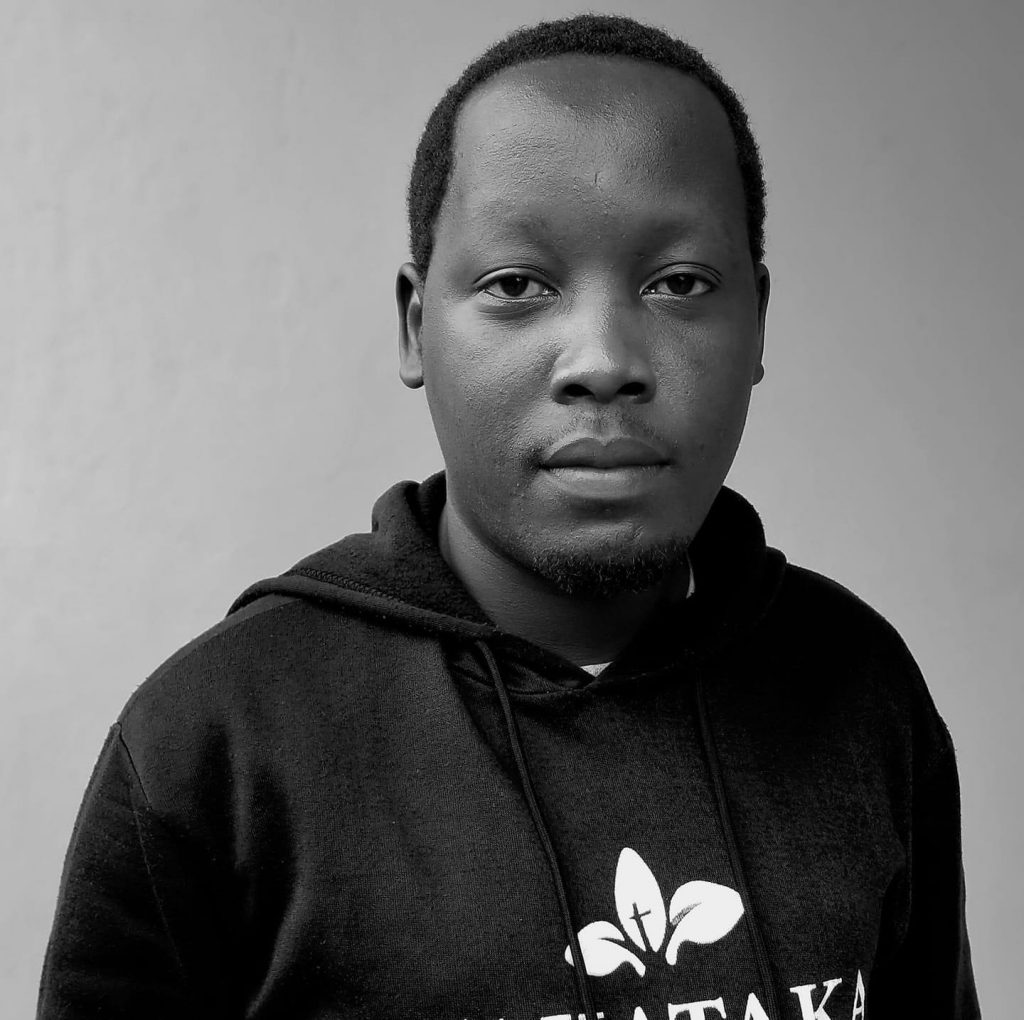
Peter Okwoko, is a 31-year-old Ugandan currently living and working in Gulu City in the circular (recycling) economy sector. He is a graduate of the Innovative Communication Technologies and Entrepreneurship programme of Aalborg University and his passion lies in the application of technology in sustainable waste management. His strategic approach involved him in exploring how developing countries like Uganda and the entire East African Community can be prepared and encouraged to adopt circular economy practices to combat climate change.
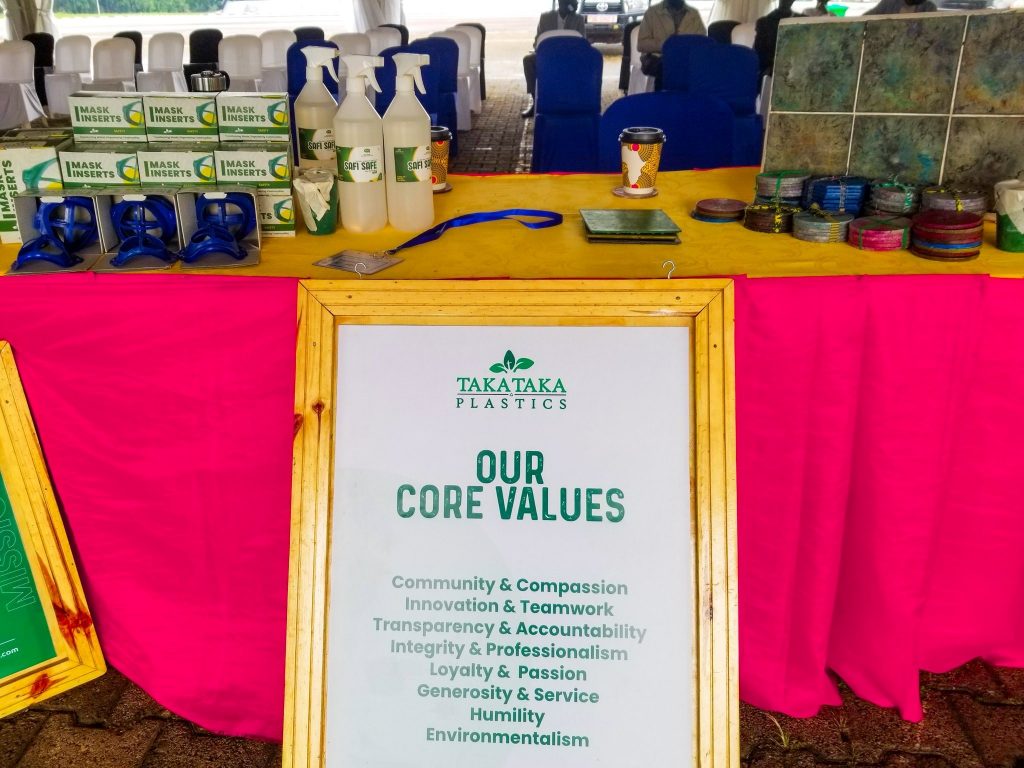
While pursuing his Masters Degree in Denmark, he was inspired by how the Danes manage their waste and he observes that “their country is so clean.” When he returned to Uganda, he tells us that “I wanted to start an eco-revolution in my country. I started an initiative (AfriGreen Sustain) to research and educate people about waste. While lecturing at Gulu University, I organized workshops encouraging students to develop waste management innovations. My passion for the environment & helping my community led me to co-found Takataka Plastics.”

Takataka (Meaning garbage) Plastics is a social enterprise in Uganda contributing to solving the plastic waste crisis and empowering communities. Peter opened started the operations in Gulu in 2020 after several months of research and development. Takataka currently employ 30 young people in a pilot project. The goal is to recycle 9 tonnes of PET plastic on a monthly basis which represents half of Gulu City’s monthly total PET wastes. Takataka is using innovative solutions for waste challenges that enhance the circular economy while creating jobs and a healing workplace for at-risk populations. Takataka’s vision is to contribute to a world where waste is transformed into a resource and communities are empowered.
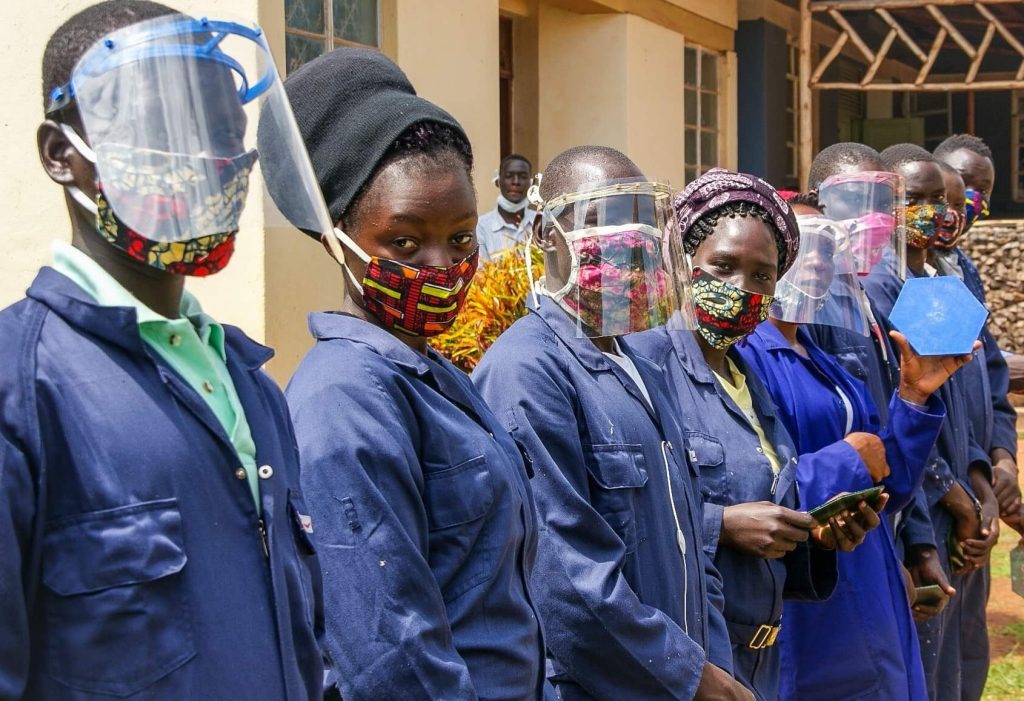
In Gulu city Takataka prevents more than 2 tons of plastic waste from ending up in water bodies and landfills. Through this, it makes the community cleaner and improves on the health of the constituents.
Takataka Plastics has different departments that operate concurrently on a daily basis. The Collection team sets out to collect plastics from different parts of the city, the production team sorts, cleans and processes these plastics into final products. The Engineering team is constantly involved in research and development while our marketing department is always looking for avenues to sell our products.
Peter describes their greatest challenge as “access to machinery. A few key parts must be made on mills and lathes, so we waste significant amounts of time and money trying different shops and waiting to receive parts from abroad. This especially limits us in developing molds for new products.”
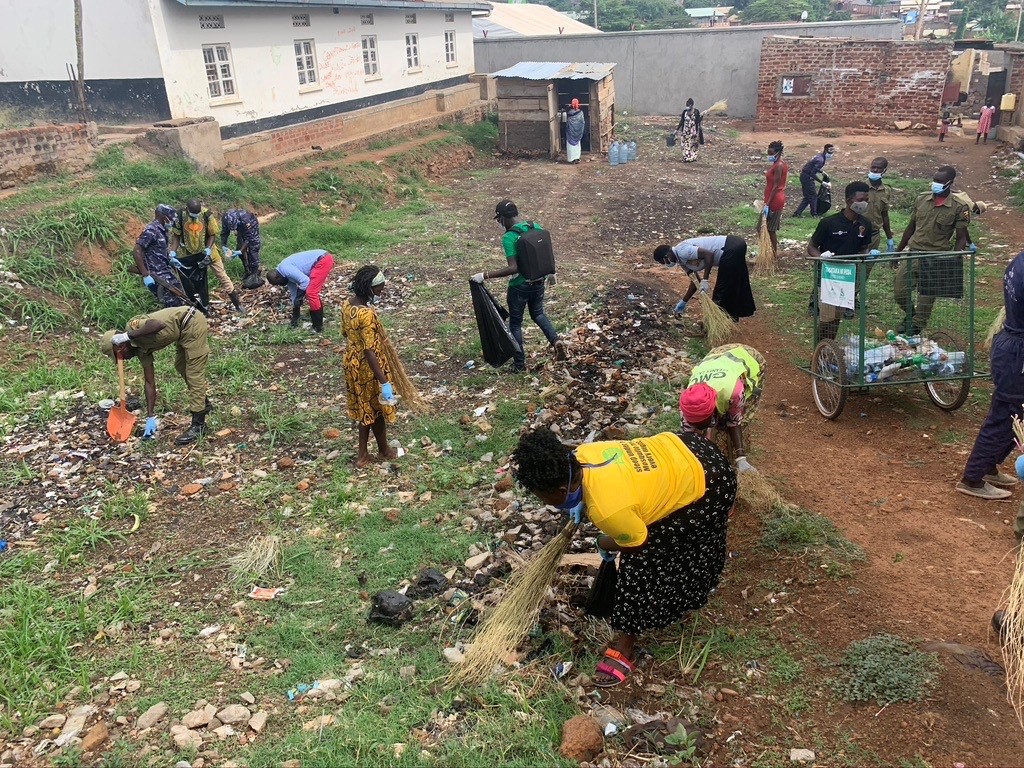
Peter told us that “Takataka Plastics greatest contribution is providing a recycling service that currently does not exist, creating income opportunities for the marginalized, and reducing environmental and health hazards in places where waste is currently burned or littered. We are developing ground-breaking technology to safely process plastic waste in Uganda, changing people’s mindsets about plastic waste from untouchable, dirty “rubbish” to a potential resource impacting their environment, and creating opportunities for healing for trauma survivors.”
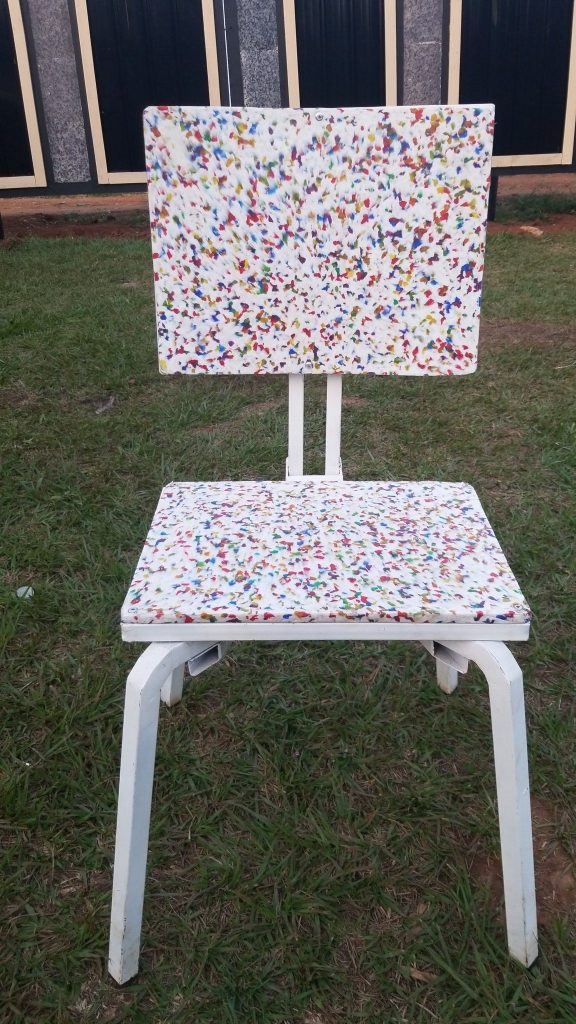
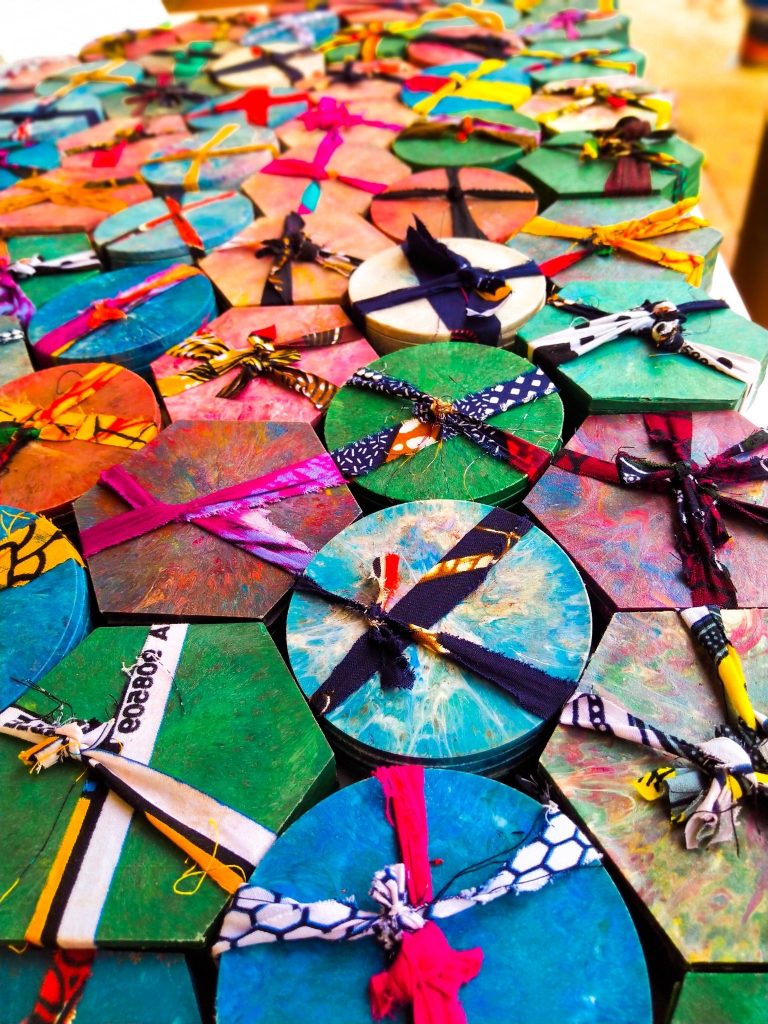
“Takataka Plastics collects and processes all the plastic waste in the same town, so there is no long-distance transportation. Bicycles are fabricated to transport the waste within the city and hence no emissions are produced. The technology used precisely controls the temperature at which we melt the plastic, so we can safely melt plastic without releasing fumes hazardous to workers’ health or the environment.”
To enhance it’s social and educational aims Peter leads Takataka Plastics to employ trauma survivors and promotes tangible healing through meaningful work and a supportive workplace community. Many in Gulu have experienced levels of trauma due to the LRA war and IDP camps in northern Uganda, and children who live and work on the streets today are vulnerable to child trafficking and violence. One of the vital and often missing parts of healing and prevention is sustainable employment and a healing workplace, “so we partner with established care organizations that provide early intervention, basic life skills, and counseling for those who have experienced trauma, exploitation, and human trafficking.”
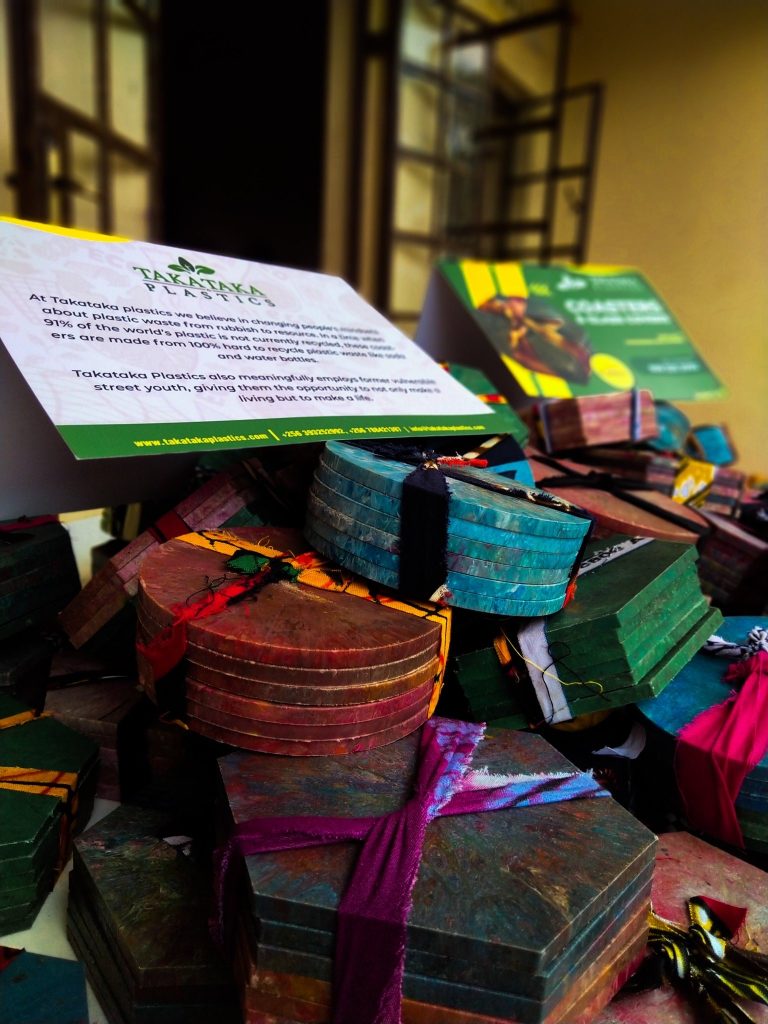
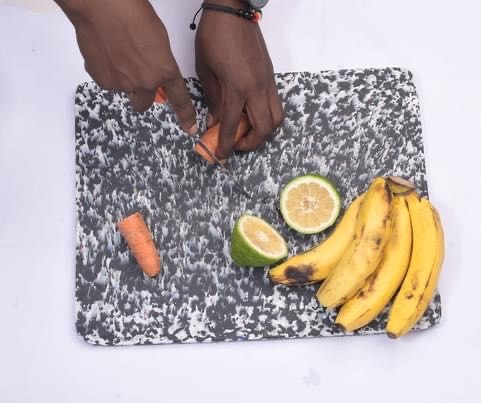
Interacting with the community is part of who we are. Even our company’s name came from community members’ suggestions. From our outreach, Peter has learned that changing people’s mindsets about waste takes a lot of effort and time. Ugandans are trained to burn waste, so many don’t know that burning plastics is dangerous to their health. People also litter anyhow because they think waste management is the government’s role. Takataka’s community outreach incorporates local culture to help people realize they’re responsible for keeping their community clean & healthy. Peter and his teams gain lots of feedback from people’s comments on social media posts, radio calls, and workshops where they ask for community members’ input. Takataka is also a founding partner of an Innovation Lab which gives young people opportunities to create their own solutions to environmental issues.
Peter is very aware that most community members are traumatized from war and poverty, but they don’t know it. So, it is key for the teams to be patient when working with them. Over the Christmas period the team will have a short break to re-charge and see families and friends. However, some of the team members will be on standby to participate in picking up plastic from different plastic banks within Gulu City.
